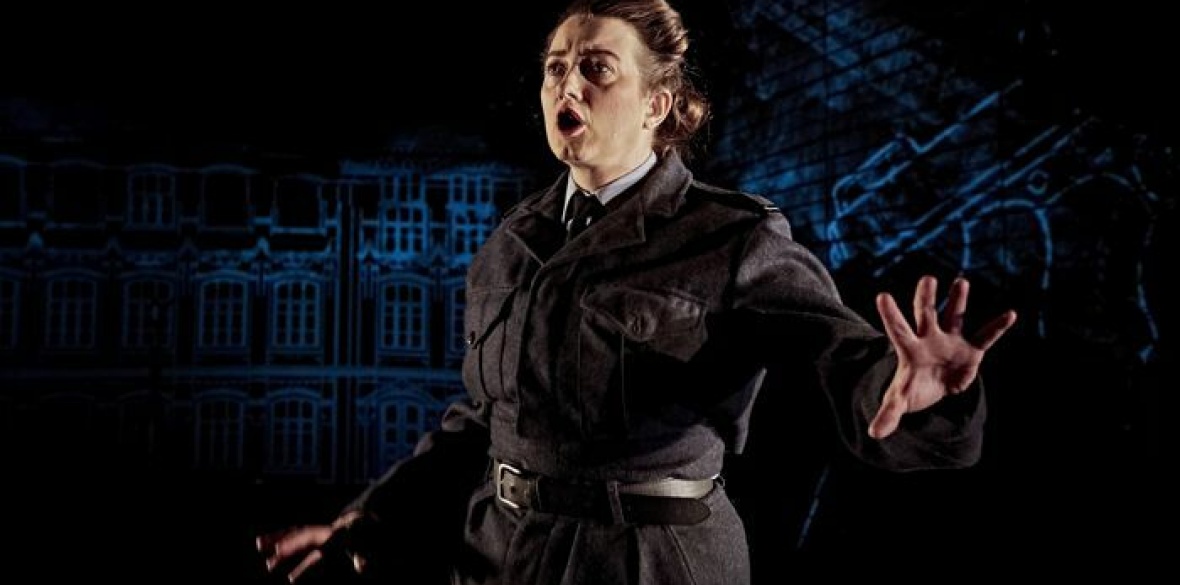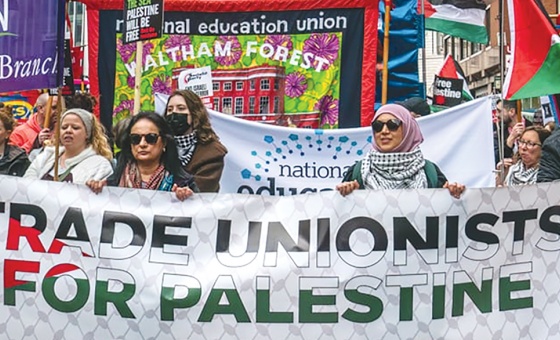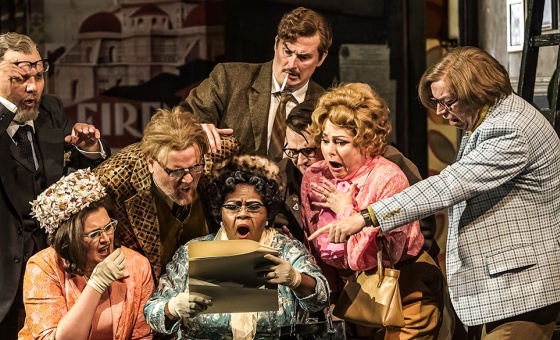This is the last article you can read this month
You can read more article this month
You can read more articles this month
Sorry your limit is up for this month
Reset on:
Please help support the Morning Star by subscribing here
THE PRODUCTIONS I caught in Wales before lockdown were exceptional, with The Beauty Parade a stunning and deeply moving theatrical account of the women sent to occupied France to help the Resistance and, in Winston Churchill’s phrase, “set Europe ablaze.”
Kaite O’Reilly wrote and co-directed this inspirational piece of theatre which has a cast of just three women bringing to life the secret operation — codenamed The Beauty Parade — through song, music, acting and a unique blend of mime and sign language.
It is a compelling collaboration between deaf and hearing artists which tells the story of a little-known part of the British war effort against fascism — saving the 1958 movie Carve Her Name with Pride.
Sophie Stone is a visual-language creator and as flight officer Atkinson, a former field agent in occupied Europe, she narrates the story through a mix of words, mime and sign language.
Anne-Marie Piazza and Geogina White, who act out their parts of the story of these brave women, also sing and play piano, cello, accordion and keyboards.
This was a tour de force and Piazza and White bring the stories of the women agents to life in a way that is both terrifying and poignant.
Welsh National Opera (WNO) came up with a spectacular adaptation of Verdi’s Les Vepres Siciliennes, before Covid struck. It's a dark tale of the occupation of Sicily in 1282 and the uprising that slaughtered the French oppressors.
Verdi is the musical father of the Italian Risorgimento, which brought the different states of the Italian peninsula into a single kingdom of Italy, and his operas such as this are often calls to national pride. In this opera, the foreign oppression of the people of Sicily is a nationalist call for Italian unity.
Faithfully following Verdi’s original lengthy conception, there are five acts and a stunning ballet section featuring National Dance Company Wales.
Being opera, there is love, betrayal and violence aplenty, and Anush Hovhannisyan as the heroine Helene and Giorgio Caoduro as a wonderfully dark Guy de Montford were outstanding. But, as so often at the WNO, the mighty chorus took the plaudits with its stunning wall of sound.
February saw a sumptuous WNO production of Mozart’s The Marriage of Figaro, in which the action moves on from Rossini’s Barber of Seville, where Figaro helped his master marry.
Heroic barber Figaro, sung here by David Ireland, has become a servant and is about to marry the maid, Susanna, beautifully acted and sung by Sorya Mafi.
But Mozart has served up a farce as well as a fine opera and Jonathan McGovern’s licentious Count is intent on seducing Susanna using the outdated law of droit de seigneur.
Of its time, Figaro was a revolutionary work, earning itself a royal banning with its portrayal of the upper classes being outsmarted and bettered by their supposed social inferiors.
Despite the passage of time, leading roles today for women are still rare, and Mozart’ s opera provides women with the best songs and jokes.
Anita Watson takes the singing award with her beautifully sung and finely acted Countess, despairing of her faithless husband.
But it is Mozart’s music and the ensemble singing which made this production simply breathtaking.
DAVID NICHOLSON










